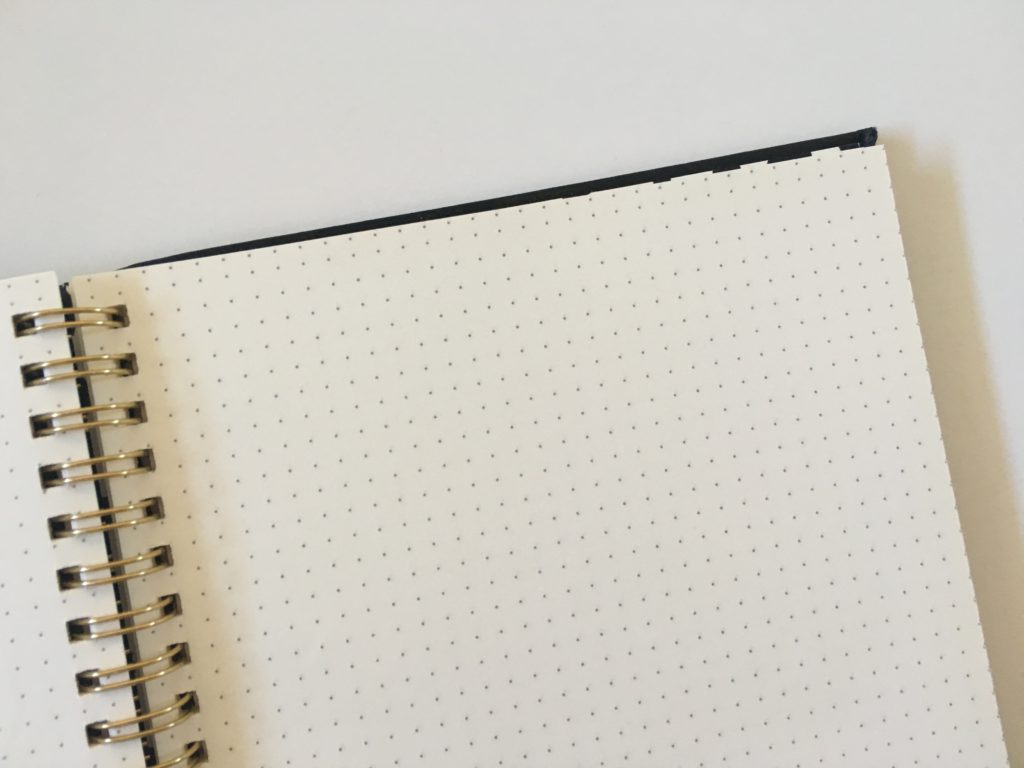
Illusions: This is your opportunity to think critically about your beliefs. In the example of a disagreement with a friend, your thinking may be "They won't want to talk to me anymore," or "They dislike me now as a result of our fight." As you record more thought diaries, this is where you'll notice your thinking patterns and see how they change. Thinking: Note what you're thinking, and do so authentically. Feeling: Here, write down the feelings you're experiencing as a result. Explain it briefly, like "Starting a new job," or "Had a disagreement with a friend." Case: In this column, note the current "case" or situation you find yourself in. To get started, create a document or journal page with five columns: Commonly used as part of cognitive behavioral therapy (CBT), this exercise asks you to write down your beliefs and then think critically about them. Keeping a thought diary (or thought record) offers you a way to notice your thought patterns and track how they change over time. Both of these outcomes can offer important insight into what (and how) you're thinking. You may even write down a few sentences at the end of your entry recording the things you found compelling or surprising.ĭuring this practice, you may find yourself delving deeply into a single topic, or you might jump around from thought to thought. As you do, look for opportunities to gain insight from yourself. If you've run out of things to write about, write about that feeling, or keep writing a repeated phrase until something new comes to mind. Don't interrupt yourself to correct mistakes just keep writing. Freewriting can lead to more typos and misspellings-and that's alright. Don't worry about grammar or spelling. 
Write down precisely what you're thinking, regardless of how strange or silly it seems to you-and write it quickly so you don't have a chance to censor yourself. Choose a time limit that works for you (and if you're unsure, try writing for 15 to 20 minutes).

The purpose is to explore your thoughts and feelings and to uncover the wisdom and understanding you already possess. Even if you don’t need them, you have resources that can help you in your life right now (plus, you’ve distracted yourself in the process).įreewriting involves writing down your thoughts, whatever they may be, without censoring or editing them. Putting your energy into a plan can help you move out of a place of anxiety and toward a place of empowerment.
Create an effective stress management plan to help you be more emotionally resilient should you face a big challenge or need to endure some extra stress. Develop skills that are useful now and in the future, if your fears were realized. Build your resources by reaching out to friends and strengthening your relationships. If you know that you would have the resources available to you should you need them, your mind is more likely to stay away from the worst-case scenarios (toward which we all sometimes gravitate).Ĭome up with at least one thing you can do right now that would prepare you for what you fear. Thinking through your plan takes away the fear of the unknown. TYPO JOURNAL FULL
You may find new strengths you didn't know you had!Īssuming what you fear did happen, what would you do? You don’t have to create a full plan, just try to jot down the resources you would utilize and the next steps you’d take. Thinking about your strengths and your best moments can help you to remember that, while you may not enjoy your current circumstances, you have the strength to handle what comes.

What do you think you could learn from it? In what ways do you think you would gain strength as you face these new obstacles? Looking at your strongest, wisest moments, do you think you could use that same strength and wisdom to prevail in this potential challenge as well? Think about the biggest challenges you’ve faced and overcome. It can also be helpful to examine your cognitive distortions to see how you might benefit from changing habitual stress-inducing thought patterns. Write these next to the fears that are in your head right now. Generate a new story for yourself, even a new set of possibilities. Think Differentlyįor each fear or concern you have, try to write at least one way (but preferably more) in which you could think about it differently. It helps you see that things are less likely to happen than you think, or they are not as bad as you think they could be. Challenging your thoughts can help you relieve anxiety.







 0 kommentar(er)
0 kommentar(er)
